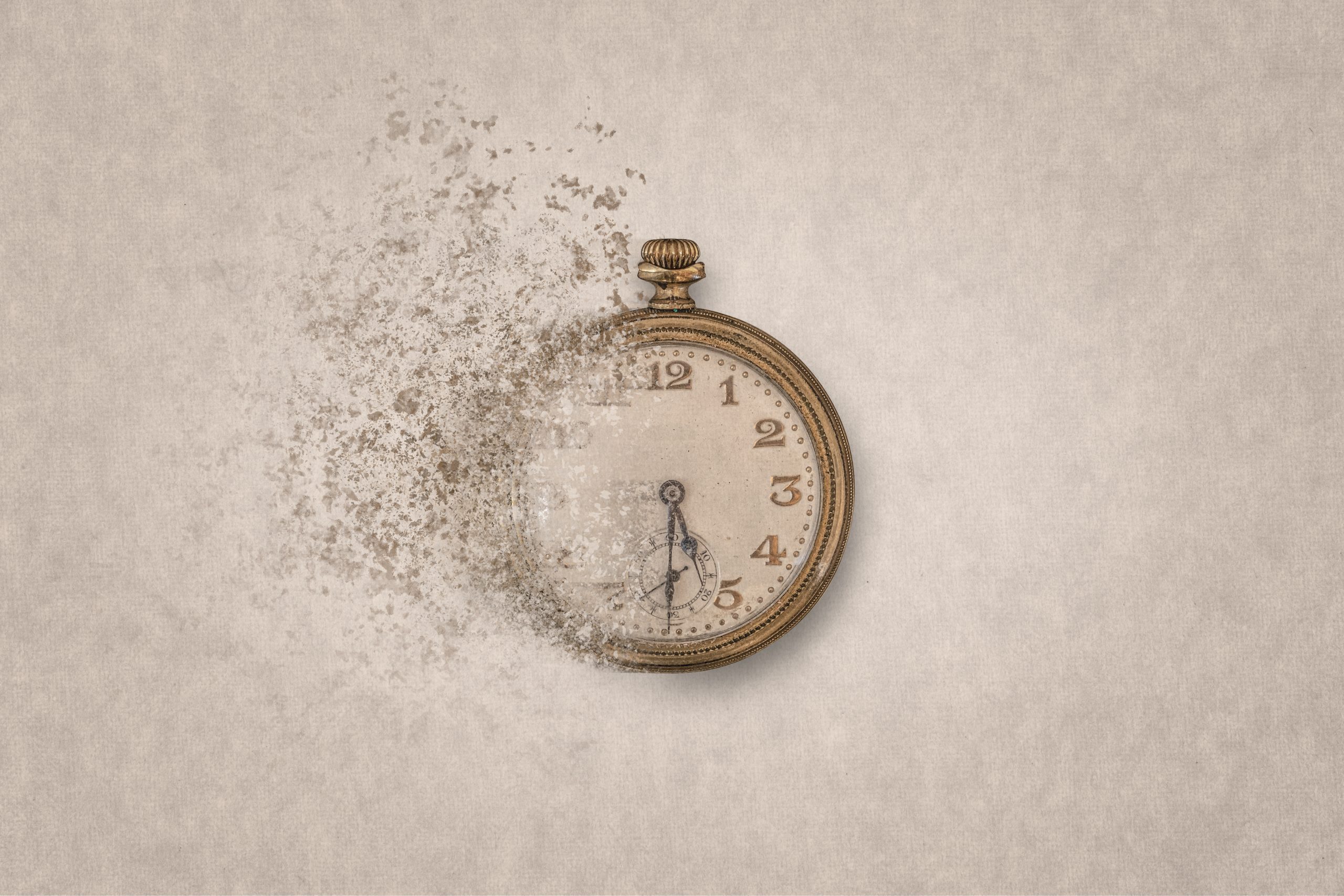Harry V. Jaffa rejected both the living constitution of the Progressives and the moral relativism of some conservatives.
Join the Fight

Rescuing America is the great task of this generation's best.
This feature marks the publication of Claremont Institute Senior Fellow Glenn Ellmers’s new book on Jaffa’s life and thought, available for purchase here.
Glenn Ellmers addresses his book, The Soul of Politics: Harry V. Jaffa and the Fight for America, to young Americans who care about our country, see that it is in trouble, and are looking for guidance about how to think and how to act. Specifically, using Thomas Jefferson’s phrase, he identifies his audience as America’s young “natural aristoi.”
In choosing his audience Ellmers follows in the footsteps of his teacher, who is the subject of his book. As Jaffa wrote in his last book, Crisis of the Strauss Divided, “Finding [the “natural aristoi”], providing for their education, and discovering the ways and means in particular circumstances to maximize their influence, is the task of political philosophy, whether in the ancient or modern world.” Here, Jaffa was following in the footsteps of his teacher, Leo Strauss, who wrote in a famous epilogue that any political science worthy of the name must be able to “win the sympathy of the best men of the coming generation–those youths who possess the intellectual and moral qualities which prevent men from simply following authorities, to say nothing of fashions.”
One of the greatest authorities (not to say fashions) in America today is expressed in the command: “Follow the science.” This is an almost perfect summary of one premise of radical modernity that contains the seed of our crisis. In the epilogue to his last book, Jaffa summed up Strauss’s infinitely complex analysis of modernity this way:
The success of that branch of philosophy called science was so great that it consigned the rest of philosophy to the ‘dustbin of history.’ By eliminating formal and final causes from understanding the phenomena of existence, understanding itself was transformed into power. Whatever increased man’s power over nature, to that extent represented the truth about nature.
But, “the power of science was indifferent to whether it fell into the hands of a Nazi or a Jew.” Thus does following the science lead to “the barbarism of radical modernity into which we are falling.” Strauss demonstrated that science itself depends utterly on the naïve prescientific awareness of the world. As he wrote, “There is no possible human thought which is not in the last analysis dependent” on this “common sense.”
The discrediting (not the refutation) of common sense and the centuries-long attempt to replace it with “science” has almost completely discredited the perspective of the self-governing citizen and the statesman. Statesmanship—the highest form of practical wisdom—does not “follow the science.” It is a refinement of the irreplaceable prescientific awareness of the world on which science itself ultimately depends.
One thing the best men of the coming generation will need to do is to challenge the “authority” of science—to put science in its place as an important tool to be used by the practical wisdom of statesmen and the common sense of citizens. This challenge should be appealing. It will take the greatest capacities and ambition to rise to it. Succeeding at it will be an achievement full of intrinsic satisfaction and a benefit to the country and the world worthy of the greatest honor. This is similar to the appeal of Harry Jaffa’s teaching as a whole, especially as it concerns America.
In his best work on America, Jaffa shows with philosophic rigor and poetic beauty what it is about America that inspires its best citizens to pledge to each other their lives, fortunes, and sacred honor with such seriousness of purpose that they could with the deepest conviction appeal to the Supreme Judge of the world for the rectitude of their intentions. He shows that to receive and be worthy of the great American inheritance of freedom—to “rise to equality” in Lincoln’s words—takes all the wisdom and virtue any man or woman could hope to possess.
The “pursuit of happiness,” exactly as it is meant in the Declaration of Independence, requires the active exercise of all the moral and intellectual virtues to the highest degree: this is what self-government is. Any people that wishes to be free will have to demonstrate this capacity for self-government itself, and continue to demonstrate it in each generation. Only such men and women can fully partake of the “blessings of liberty,” and being such men and women is precisely the aspiration of the best young people in each generation.
Ellmers sees that the “crisis of our country,” which is also “the crisis of Western civilization, of civilization itself…is so advanced that reasonable people are losing hope.” But he cautions against despair, which is “both a moral failing and an intellectual error.” There is hope, and he thinks Harry V. Jaffa has much to teach our young natural aristoi about where to find it and how to face our great crisis—by acting in a way worthy of success, even if success cannot be guaranteed. “With luck,” he writes, “perhaps we can yet save what is best and highest in our country. There is nothing more beautiful, worthwhile, or fulfilling we could do.”
Glenn Ellmers’s book is an excellent introduction to Jaffa’s thinking, conceived and written in a way perfectly suited to his purpose. And Ellmers does not exclusively address the young. You might say he addresses the young in spirit, those with the kind of fighting spirit Winston Churchill summoned when he was in his mid-60s and the fate of his country and of the West depended on him. In his time, Churchill had already surpassed the life expectancy of a man in England. But there was more life in him than in whole battalions of younger men. Harry Jaffa carried that Churchillian spirit with him into his nineties. That spirit animates every page of Ellmers’s fine book.
The American Mind presents a range of perspectives. Views are writers’ own and do not necessarily represent those of The Claremont Institute.
The American Mind is a publication of the Claremont Institute, a non-profit 501(c)(3) organization, dedicated to restoring the principles of the American Founding to their rightful, preeminent authority in our national life. Interested in supporting our work? Gifts to the Claremont Institute are tax-deductible.
At the crossroads of reason and revelation stands the American idea.
Harry V. Jaffa's work and teaching was not enslaved to the fashions of his day.
Reflections on Harry V. Jaffa from a grateful student.
Harry V. Jaffa helped save American history from Progressive historicism.
Glenn Ellmers's new book on Harry V. Jaffa teaches urgent lessons for our fractious politics.






